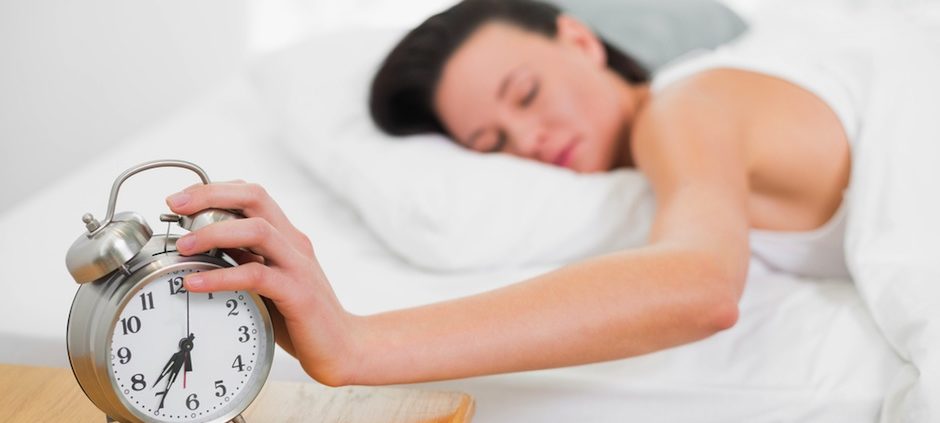Why Sleep Matters & How To Get More Of It
Why Sleep Matters and How to Get More of It
If you’re an average person, you’re getting about eight hours of sleep a night. When you realize this means you still have sixteen hours in a day to do things that are not sleeping, eight hours doesn’t sound like much. But when you realize you’ll spend a third of your entire life asleep suddenly sleep seems really, really important.
In fact, sleep is incredibly important. It’s one of the most complex biological processes your body undergoes and it’s still not fully understood, but scientists know that it’s essential to maintaining pathways in your brain that allow you to learn and make memories, concentrate, and respond.
How Sleep Deprivation Hurts You
Sleep also impacts your brain, heart, lungs, and metabolic functions. Some scientists now believe your brain uses sleep to clear out toxins, a process that doesn’t happen while you’re awake. Research indicates that a lack of sleep causes all kinds of health problems, including physical problems such as stroke and mental problems such as depression.
Did you know sleep deprivation played a factor in the 1979 nuclear accident at Three Mile Island, the 1989 Exxon Valdez Oil Spill, and the 1986 nuclear meltdown at Chernobyl? You don’t have to be a historian or scientist, however, to understand that lack of sleep (or lack of quality sleep) makes you sluggish and unresponsive.
One study found that people with moderate sleep deprivation are just as impaired while driving as people who are driving drunk.
It’s not just your performance, however; sleep also impacts your health and kill your sex drive. Lack of sleep is implicated in a higher risk of the following conditions:
- Diabetes
- Stroke
- Irregular heartbeat
- Heart failure
- Heart disease
- Heart attack
What Can You Do To Sleep Better?
When it’s 3am and you’re staring at your ceiling, wide awake, sleep certainly feels like a mystery. Fortunately, we know some of the good habits that can lead to a great night’s sleep.
Make Healthy Choices
Sleep is one of those things that seems to snowball quickly: you stay up late, wake up late the next morning, skip the gym, grab a donut for breakfast, and before you know it you’re chugging caffeine in the afternoon and staying up late again, starting the cycle all over.
Making a few smart choices, however, can help you reset that cycle and get back to a better living–and sleeping–routine. Studies have found that regular exercise (even if it’s just ten minutes a day) can dramatically improve the quality of your sleep.
It’s also important to avoid stimulants such as electronic screens, caffeine, and alcohol at least two hours before bed. Your brain needs to time to unwind and calm down, and staying away from things that get it fired up will help.
Build Smart Routines
Just like small children need routines to help them calm and sleep well, adults need routines to help our bodies relax and our brains turn off. There are a variety of things you can employ in your nightly routine, but some of the most popular are a warm bath, a good book, a screen curfew, aromatherapy, and a white noise machine.
Ultimately, whatever routine you choose, you need to let it establish over the course of weeks or even months. This is not a short-term get-sleep-quick scheme, but investing in the quality of your sleep with a routine that makes sense for your life will pay dividends in the future.
Make Your Bedroom a Sanctuary
We’re all guilty of crawling into our beds to work–they’re so comfortable, after all! However, using your bed and bedroom for things other than winding down, relaxing, and sleeping can have a negative impact on your quality of sleep.
It’s also important to make sure your room is conducive to sleep. Is it too warm? Cooler temperatures help people fall asleep faster and stay asleep longer. Is the mattress comfortable? Are the sheets cozy? Do you like your pillow? You can even add things like blackout curtains and a noise machine to help make your bedroom the ultimate sleeping sanctuary!
Sleep is vital to our wellbeing in every way, but it doesn’t have to be elusive. Build these habits into your life, and you’ll be on your way to getting better sleep in no time.




Leave a Reply
Want to join the discussion?Feel free to contribute!